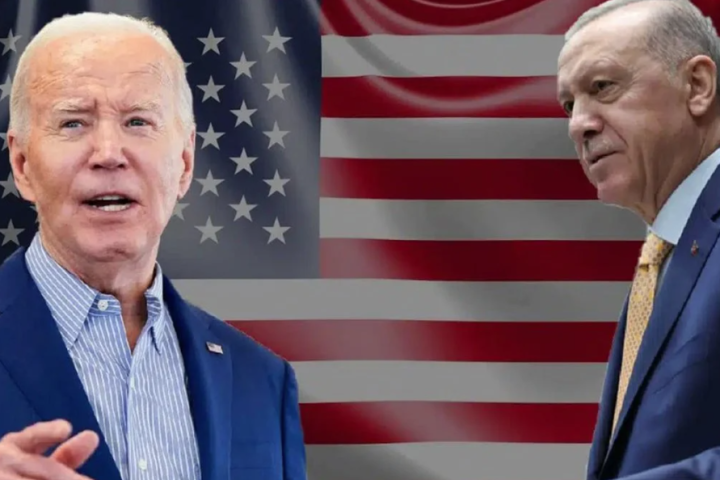The U.S. has previously begun rebuilding its 5G infrastructure with the Huawei embargo. But according to FCC data, the embargo cost the United States a lot of money.
Former US President Trump decided to embargo Huawei and ZTE in 2019. The embargo later became inclusive until the installation of 5G infrastructure, raising a new issue.

The fact that the process that started with the Huawei embargo has jumped to critical technology such as 5G is currently among the biggest problems in the United States. Because while giant companies like Verizon have completed this transformation, there are many telecom companies in the country, large and small, that serve local regions. In this sense, U.S. telecom companies have already exceeded the budget for the Huawei 5G embargo.
U.S. companies exceed budget for Huawei 5G embargo
Currently, Huawei and ZTE have significant patents and technologies in 5G base stations and infrastructure installations. In this sense, it used Huawei’s technology in particular in US 5G investments until 2020. But after the Huawei embargo, the U.S. went after rebuilding all 5G infrastructure. Accordingly, the United States calculated that all this change would cost around $1.8 billion. But according to the latest figures from the FCC, the U.S. Federal Communications Board did not match the account at home.
Huawei and ZTE have important patents for 5G
The U.S. Congress budgeted $1.9 billion for what it calculated to be $1.8 billion. However, the cost after two years stands at $5.6 billion. As of January 2022, the FCC received more than 180 applications. Huawei and ZTE products are counterparts to companies such as Ericsson and Nokia that provide 5G exchange.
But costs are one of the reasons Chinese firms outperform their competitors in 5G. 5G networks, established at lower costs than their competitors, are being developed at much higher costs. It also reports that the U.S. Congress has not currently created a fund other than the $1.9 billion fund. In this sense, companies expect these exchange costs to be covered.
Huawei, on the other hand, continues to invest, although it has been shaken by the US embargo. The company, which has shrunk on the mobile phone side and sold its sub-brand Honor, has given its full focus to the Harmony OS operating system. Again, the company is already looking to produce its own processor.
How do you interpret the U.S. almost tripled its budget after the Huawei 5G embargo? We welcome your comments and reviews to the news and shiftdelete forum.




